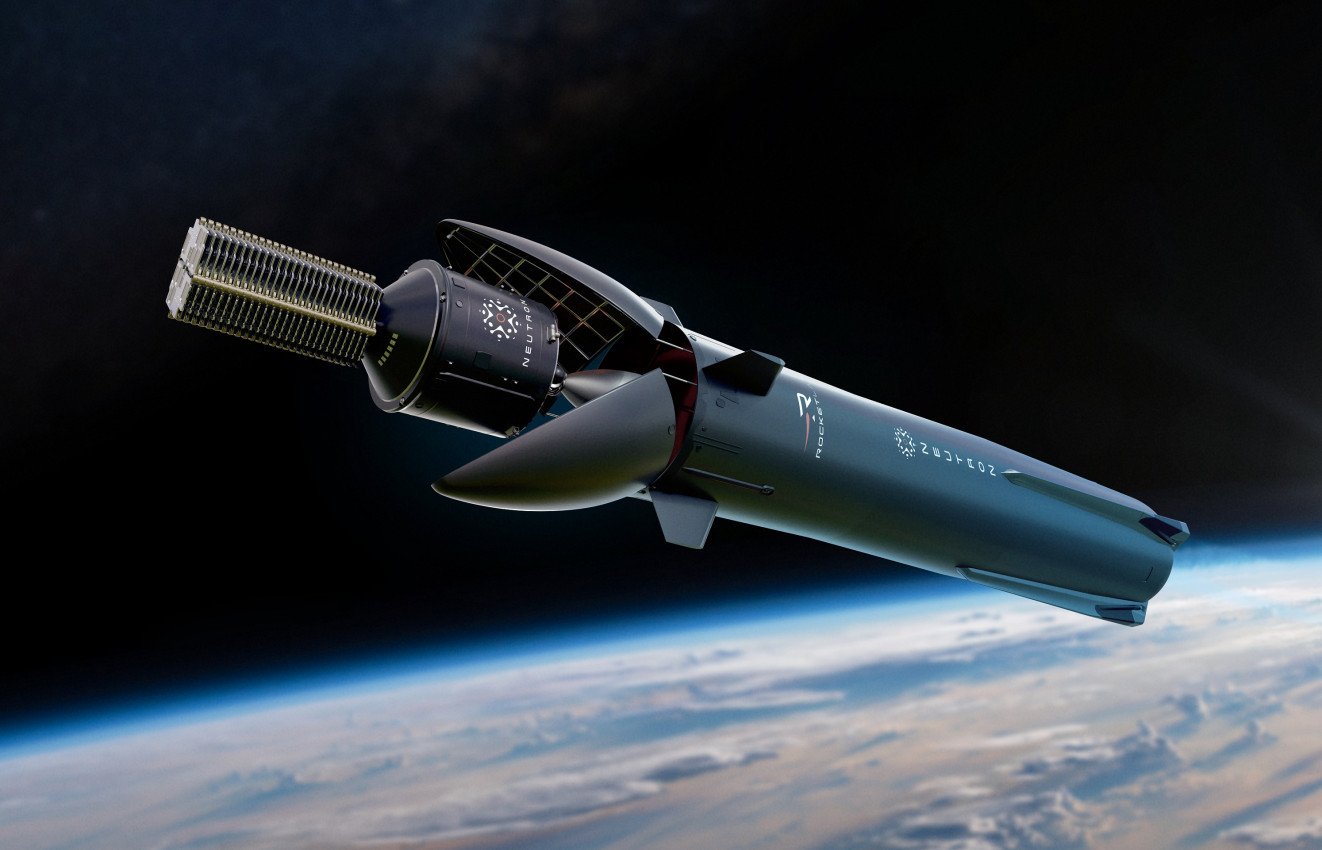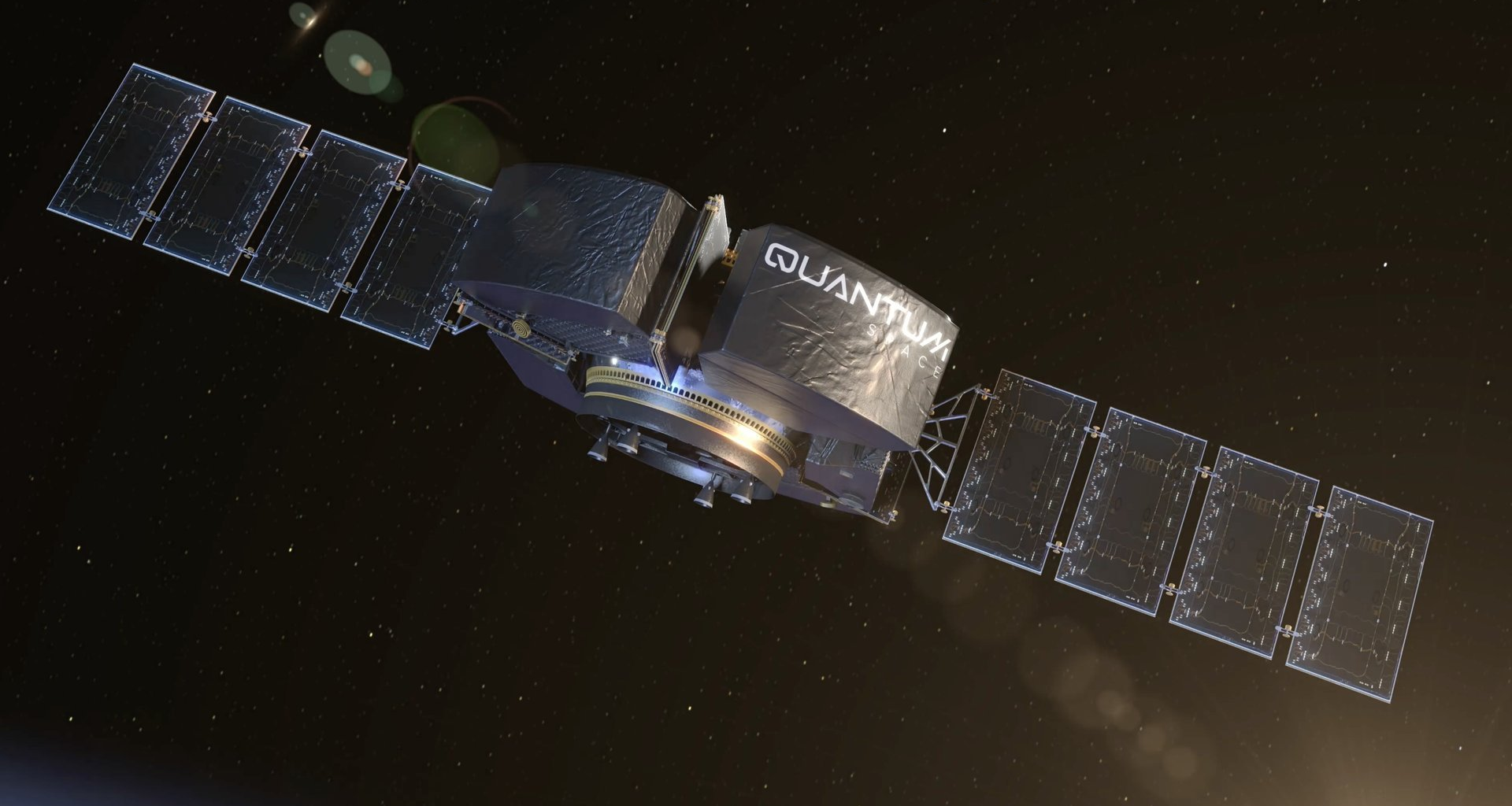Thanks to the development of reusable rockets, rideshare programs, and other key innovations, the cost of sending payloads to space has steadily dropped in recent years. As a result, access to space is increasing for commercial space companies, universities, research institutes, and non-profits. To facilitate this trend, NASA has selected six companies through its Launch Services Program, which were awarded Venture-Class Acquisition of Dedicated and Rideshare Launch Services (VADR) contracts.
These firm-fixed-price awards have a total value of approximately $1.4 million and comprise nine studies. Per the contracts’ terms, each of the six companies will conduct studies that explore applications for future orbital transfer vehicles for NASA missions. The companies include:
- Arrow Science and Technology LLC, Webster, Texas
- Blue Origin LLC, Merritt Island, Florida
- Firefly Aerospace Inc., Cedar Park, Texas
- Impulse Space Inc., Redondo Beach, California
- Rocket Lab, Long Beach, California
- United Launch Alliance LLC, Centennial, Colorado
 Artist’s rendering of Rocket Lab’s two-stage Neutron rocket in orbit. Credit: Rocketlab
Artist’s rendering of Rocket Lab’s two-stage Neutron rocket in orbit. Credit: Rocketlab
Arrow will partner with Quantum Space, which provides payload delivery services with its multi-mission Ranger transfer spacecraft. Their study will research applications for a multi-destination delivery system for missions to low Earth orbit (LEO) to lunar orbit. Blue Origin will produce two studies, the first focused on developing an upper stage for its recently unveiled New Glenn rocket. The second will focus on Blue Ring, a large mobile space platform with a hybrid solar-electric and chemical propulsion system that will provide full-service payload delivery to geostationary orbit (GSO), cislunar space, and Mars.
Firefly will research how to enable long-term operations in lunar orbit using its Elytra Dark orbital vehicle, including payload delivery, imaging, long-range communications, and domain awareness. Impulse Space will conduct two studies involving its Mira and Helios vehicles, a highly maneuverable payload-delivery spacecraft, and a kick-stage for rapid delivery of payloads to LEO, GSO, and beyond (respectively). Rocket Lab will conduct two studies featuring the upper stage of its next-generation two-stage Neutron launch vehicle and a long-term orbital transfer vehicle based on its Explorer spacecraft.
United Launch Alliance (ULA) will assess the Centaur V upper stage’s cislunar mission capabilities. The study will focus on delivering multiple rideshare spacecraft to cislunar space without needing an additional rocket stage or orbital transfer vehicle. All nine studies are to be finished by mid-September, and NASA will use the findings to inform the design and planning process of future commercial launches. Said Joe Dant, the head of the orbital transfer vehicle strategic initiative for NASA’s Launch Services Program:
With the increasing maturity of commercial space delivery capabilities, we’re asking companies to demonstrate how they can meet NASA’s need for multi-spacecraft and multi-orbit delivery to difficult-to-reach orbits beyond current launch service offerings. This will increase unique science capability and lower the agency’s overall mission costs.
Further Reading: NASA
